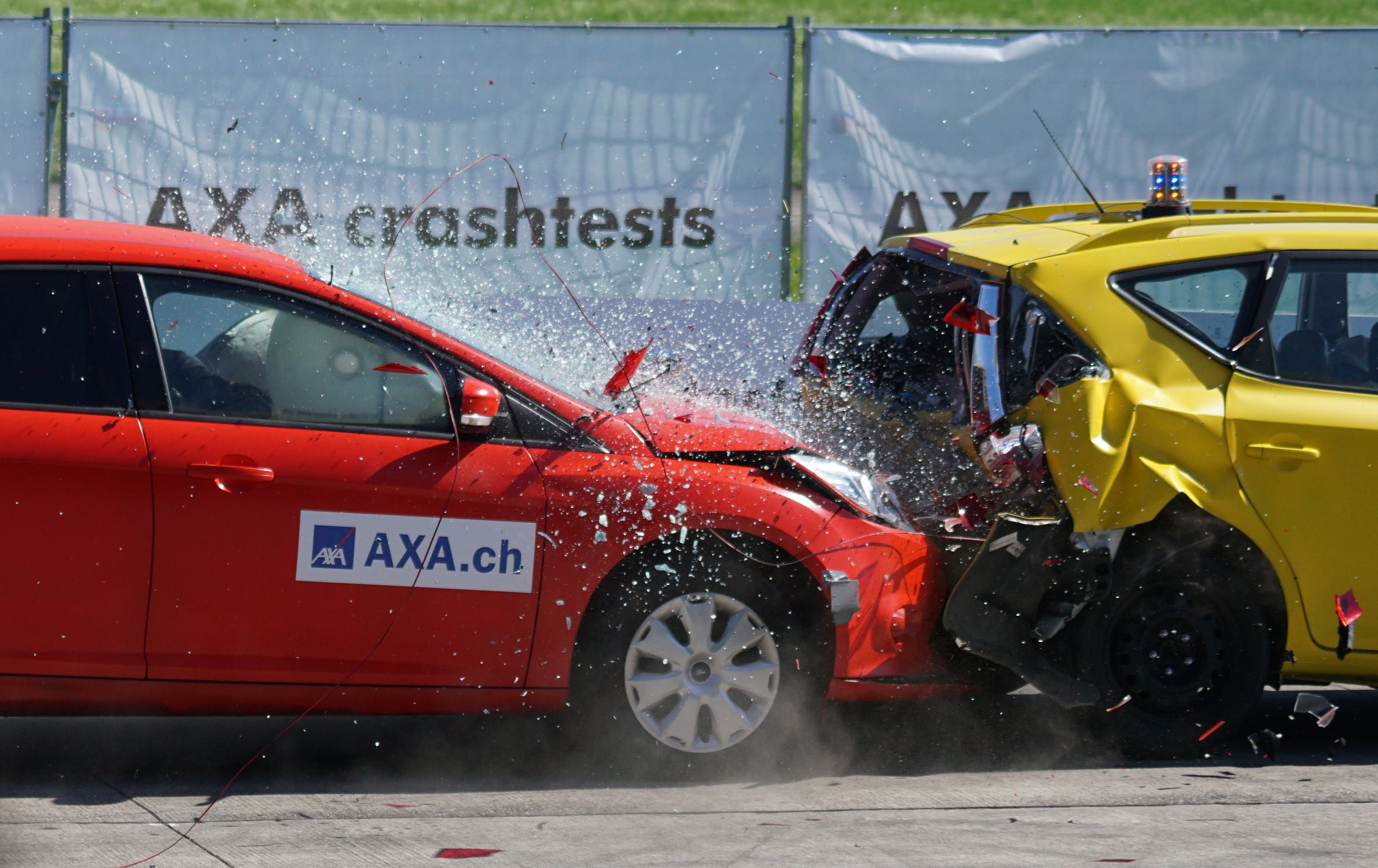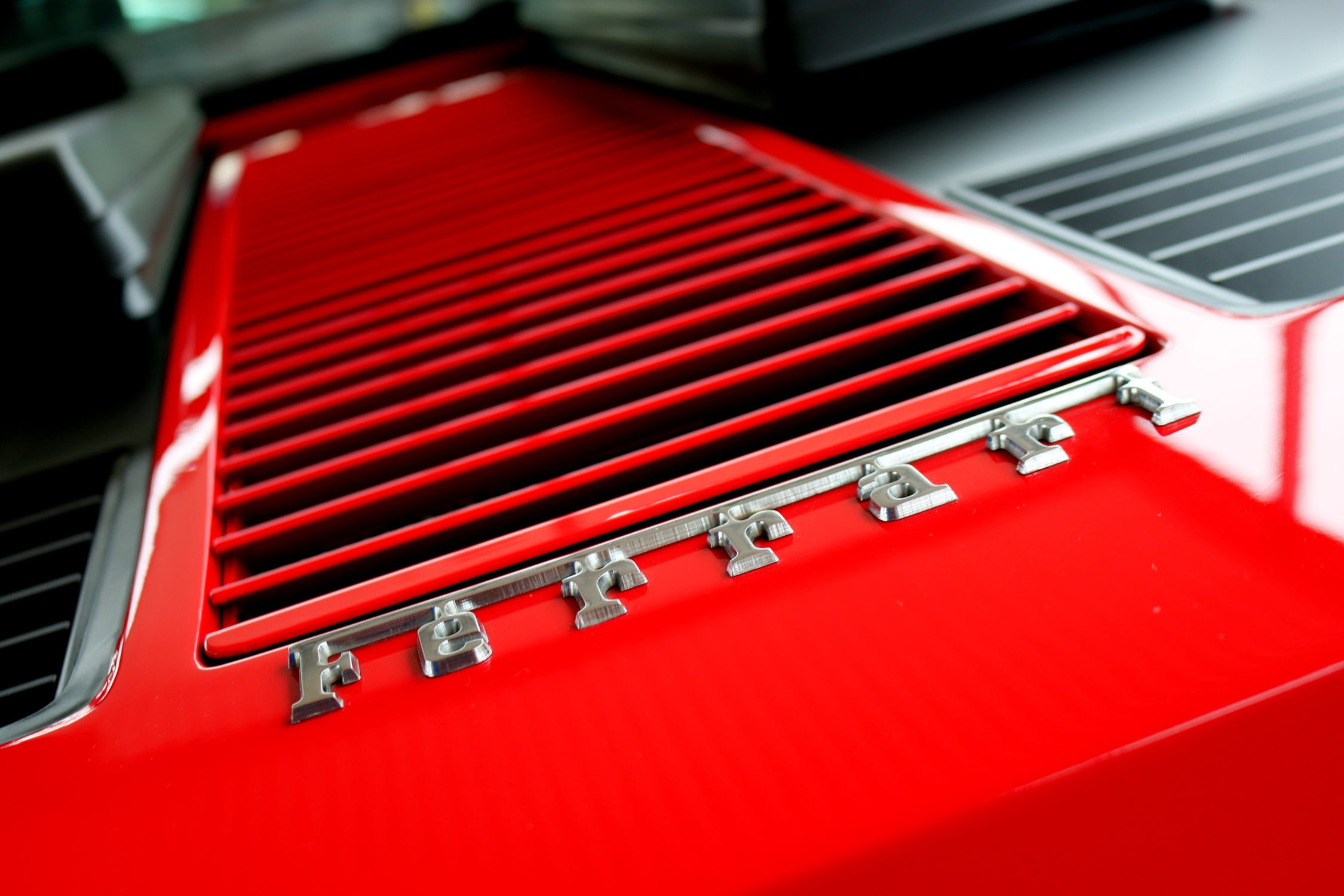We all love the freedom of the road. Be it a long interstate drive or a quick Sunday blast around your hometown, the ability to hop into a car and just “get away” for an hour to a day is what we, as car fans, love to do. However, while it is a privilege that we enjoy, it is, as with all things, a privilege with which certain responsibilities are attached.
One of those responsibilities is that, at least in the UK, US, Canada, and most Western nations in the world, car owners must have insurance on their cars and driving behaviors. However, there are special rules in almost every nation regarding “exotic and/or high performance” vehicles, above and beyond standard provisions of insurance.
What Do You Need To Know About…
Liability Insurance
Liability insurance is the portion of almost all vehicular insurance that covers driving behaviors, in that after investigations, if any personal injury or property damage external to the vehicle has occurred, the at-fault party’s insurance will pay up to a minimum amount to repair and/or pay for the medical costs, with all subsequent costs in the hands of the insured. In layman’s terms, if it’s your fault, you pay for it after your insurance coverage has finished paying their part.
The minimum amount of liability insurance can be set either federally in some nations, or by state/province in others. These range from $200,000 in some areas, to $1 million in others. However, these rates are for “normal” cars.
Supercars enter rarified air as they are often much rarer, cost far more to replace or pay out in the event of total loss, and often have to be transported to specialist repair centers that can, quite literally, be across the country in terms of repairable damage. Liability is also much higher with supercars as they are considered as high-risk insurance, meaning that the insurer is aware that a possible payout is much more likely than with a normal vehicle.
Collision & Comprehensive Coverage

Collision and/or comprehensive coverage is the portion of vehicular insurance that covers the actual physical entity of the car. This is further separated down to collision insurance, which covers all impacts while your car is moving, such as crashing into another car, being hit by another car, impacting a guard rail, or rollovers. Comprehensive coverage covers all non-mobile aspects, such as a tree falling on your car, vandalism to your vehicle, fire/flood/acts of God, and theft.
Unlike liability insurance, collision and comprehensive coverage come with a deductible. What this means is that there is an expectation from the insurance company that up to a set amount, you will pay out of pocket with your own funds for repairs/replacements. How much risk you personally take determines your rates.
For example, you could have a deductible of $250, but in return might pay $15 more per month on your insurance. A far more common deductible that balances this risk/coverage line is around $500 to $,1000 personal deductible, which in turn can lower your rates significantly, as some minor body repairs may need less than $500 to repair, such as scratches and minor paintwork.
For supercars, this minimum deductible may be much higher, in the range of several thousands of dollars, as the insurance provider assumes that because you can afford said exotic, you have cash in hand to pay for “minor” bumps and scrapes. There are options many insurance providers have that will allow you to add on coverages for those, but in turn, they raise your rates.
Injury
Injury coverage insurance is often covered in liability insurance and why many states and/or provinces have minimum $1 million liability. However, some insurance does cover injury as a subsection of liability. In base definition, due to how health care is disbursed in the United States, injury insurance covers specific areas of bodily harm, medical expenses, and liability in case of injury causing permanent disability or death.
These types of claims are far more prevalent than one might think. In fact, according to the auto accident attorneys at Simmons and Fletcher, there were nearly 440,000 accidents in 2019 that resulted in nearly 2,000 deaths and more than 10,000 serious injuries in the United States alone. Retaining expert representation is highly recommended in the case that any injury, however minor, occurs.
What Specific Considerations Are Attached To Supercar Insurance?
As detailed above, the primary consideration is the exotic and powerful nature of these vehicles. Supercars these days can come with over 1,000 HP at the wheels, made out of carbon composites, have specialized moveable aerodynamic surfaces that must function at all times, and the like. As well, with the emergence of the hypercar, supercar insurance has broadened to include these monsters of the road.

Another consideration is the fact that, by their very nature, supercars are expensive, and many “normal” car coverages will simply not do. For example, if you own a Lamborghini Huracan, final cost of $350,000, and you have a “normal” coverage that pays out a maximum of $250,000 in case of a total loss, you’ve already lost $100,000 before any other considerations.
It is in such cases that specialized supercar insurance exists. In the United States, companies such as Allstate, GEICO, State Farm, and Progressive all have specialist departments that will build an insurance policy around your vehicle and personal choices for liability, deductibles, and the like. Do keep in mind, however, that moving from a policy that covers a Ford Fiesta ST at $1,000 a year to covering that Lamborghini Huracan can see your yearly bill topping out near $8,000 to $10,000.

Another specialist consideration for many supercars and, in some cases, tuned and modified “normal” cars is track insurance as an add-on. Owning a supercar means you want to drive it fast, push it hard around a corner, and the responsible (and honestly only) place to do that is at a race track. With the amount of available tracks around the US, this track insurance may cost $3,000 for a fun weekend, or as low as $250 for a set number of laps around the specific track. It is something to ask your insurance broker about when insuring a supercar.




